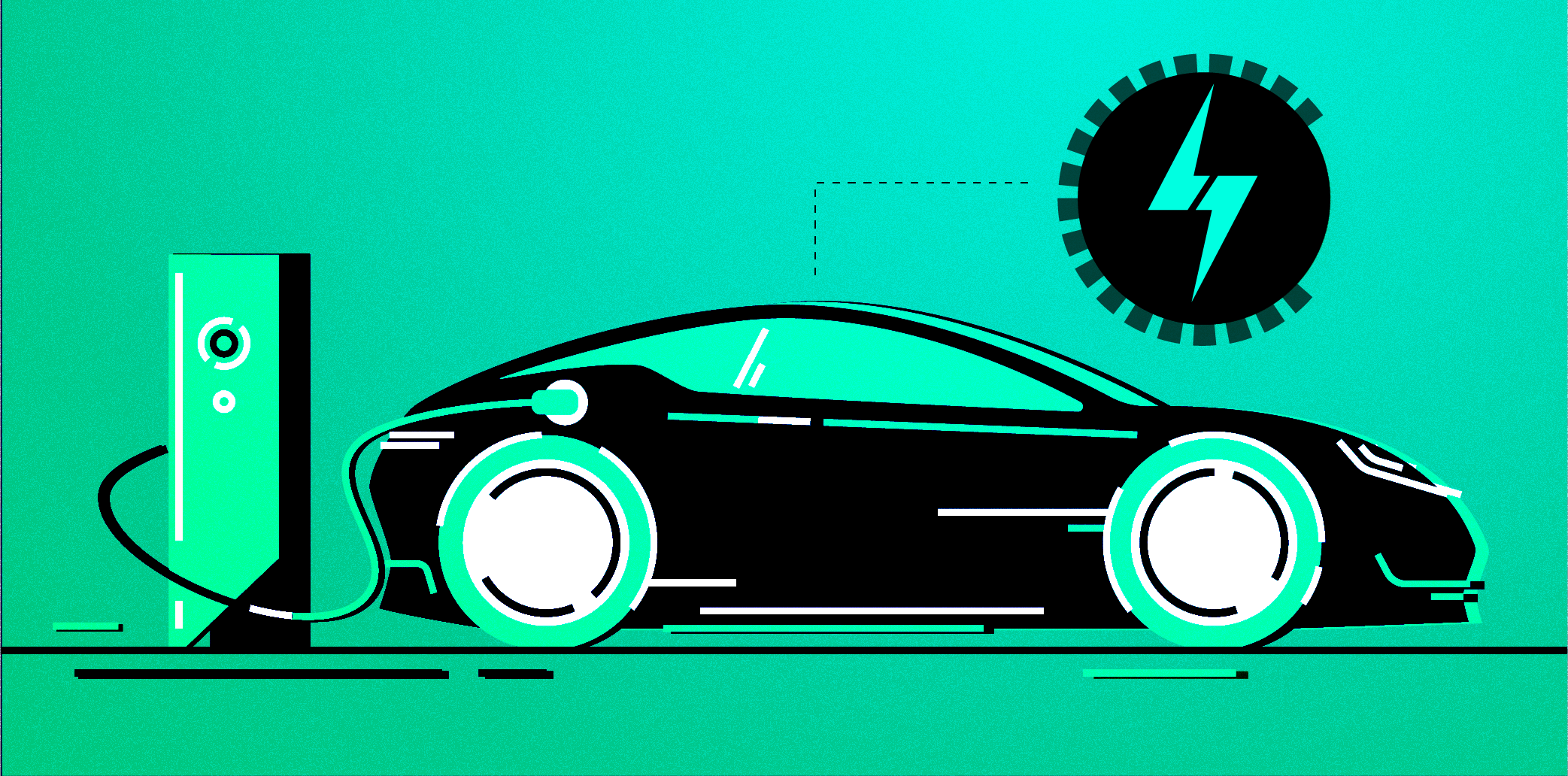Japanese startup Fomm will next month launch a new service converting gasoline-powered vehicles into electric ones by installing a battery and a motor on them, a move that could potentially accelerate the adoption of EVs in Japan, Nikkei has learned.
Fomm will also swap its customers’ batteries, to help them save time spent recharging their old ones.
The service has emerged as a promising opportunity after the government relaxed rules on storing batteries in warehouses.
The service is also likely to see strong demand from delivery companies that want to keep the operating rate for their fleet as high as possible by minimizing recharging time.
Fomm was set up in 2013 by Hideo Tsurumaki, a former engineer at Suzuki Motor and now the startup’s president. The shareholders include electronics retailer Yamada, robot maker Yaskawa and utility company Shikoku Electric.
The service will initially target the Suzuki microvan Every, which is widely used by delivery companies. Fomm will replace the engine with a motor and put in a battery.
The batteries and motors will be manufactured in Japan and Thailand.
The transport ministry says that the converted vans will be permitted for road use as long as they satisfy car safety standards.
One of the shortcomings of EVs is their long recharging time. It takes as much as 10 hours to fully recharge a car using a regular power outlet. Even with a fast charger, it takes 30-60 minutes. Some fleet operators do the charging at night in order to keep their fleets active during the day.
Fomm has solved the issue by simply swapping batteries. The startup’s system allows a battery to be changed in just two minutes. A battery charger can be installed inside a delivery station, allowing drivers to swap batteries when they come to the station to pick up deliveries.
Fomm will partner with auto repair shop associations, where the work of converting minivans will be carried out. The company says it will provide training for repair shops.
The company is offering to undertake the EV conversion for JPY 1.8 million (USD 13,300), aiming to convert 1,000 minivans in the fiscal year that begins next month.
In Japan, it costs less to buy a new EV than to convert a minivan because of a generous subsidy program, which is available only to new buyers, but not to those making conversions.
But Fomm argues that using its service is better for business operators because of the battery swap service that comes with it, which will enable a more efficient fleet operation. Converting a minivan can also be a solution to business operators who have a hard time securing new cars due to supply shortages.
The battery swap business has not gained traction in Japan due to tight fire regulations regarding the storage of lithium batteries, as this is a highly volatile element. The Japanese government is set to relax the regulations, allowing automotive batteries to be kept in a multi-story structure, in addition to a single-story building, as long as the building is equipped with sprinklers. The rule change will make it far easier to set up battery swap stations.
Other automakers are also looking at the battery-swap EV segment.
One of them is Commercial Japan Partnership Technologies, an automotive technology joint venture involving Toyota Motor. CJPT is looking to develop an automotive battery with Yamato Transport, a delivery company.
Isuzu Motors, a truck maker, has developed a small battery-swap truck, which has been used in a pilot project involving convenience store chain FamilyMart and trading house Itochu since November.
Honda Motor and energy company Eneos have set up a joint venture, Gachaco, as part of a plan to develop 70 battery-swap stations in Tokyo by March 2024. The initiative is aimed at promoting a battery-swap motorcycle developed by Honda.
China is already way ahead of Japan in this area.
For instance, Chinese EV startup NIO has not only developed battery-swap EVs, but already runs 1,000 swapping stations across China. The company plans to increase the number to 3,000 by 2025.
This article first appeared on Nikkei Asia. It has been republished here as part of 36Kr’s ongoing partnership with Nikkei.

